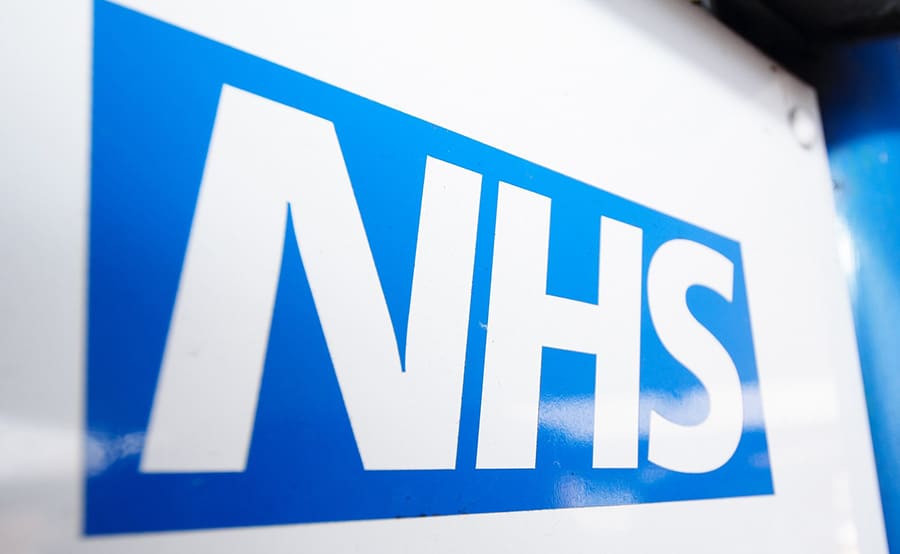UK Government to publish important whitepaper on NHS and social care reform

The Department of Health and Social Care (DHSC) has announced that new proposals are to be launched today (11th February 2021) to join up health and care services and embed lessons learned from the coronavirus pandemic.
Entitled ‘Integration and Innovation: working together to improve health and social care for all’, the whitepaper will detail crucial new proposals to build on the successful NHS response to the pandemic.
The proposals look to more seamlessly integrate health and social care services by improving care and tackling health inequalities through measures to address obesity, oral health and patient choice.
Health and Social Care Secretary Matt Hancock said: “The NHS and local government have long been calling for better integration and less burdensome bureaucracy, and this virus has made clear the time for change is now.
“These changes will allow us to build back better and bottle the innovation and ingenuity of our brilliant staff during the pandemic, where progress was made despite the legal framework, rather than because of it.
“The proposals build on what the NHS has called for and will become the foundations for a health and care system which is more integrated, more innovative and responsive, and more ready to respond to the challenges of tomorrow, from health inequalities to our ageing population.”
Additionally, the UK Government states that this pivotal whitepaper will modernise the legal framework to make the health and care system fit for the future and put in place targeted improvements for the delivery of public health and social care.
It will support local health and care systems to deliver higher-quality care to their communities, in a way that is less legally bureaucratic, more accountable and more joined-up, by bringing together the NHS, local government and partners together to tackle the needs of their communities as a whole.
The proposals build on the NHS’ recommendations for legislative change in the Long Term Plan and come a decade on from the last major piece of health and care legislation.
DHSC highlights: “While the NHS has made practical adaptations within the current legal framework, this can be unnecessarily time-consuming and changes are now necessary as part of the future recovery process from the pandemic.”
The measures include proposals to make integrated care the default, reduce legal bureaucracy, and better support social care, public health and the NHS.
The reforms will enable the health and care sector to use technology in a modern way, establishing it as a better platform to support staff and patient care, for example by improving the quality and availability of data across the health and care sector to enable systems to plan for the future care of their communities.
One key measure outlined in the whitepaper says that the NHS will only need to tender services when it has the potential to lead to better outcomes for patients. This could mean the NHS is shifting its focus away from the cheapest services and instead focusing on the best outcomes for end-users.
DHSC says this means staff will reduce time spent on unnecessary tendering processes for tendering services and freeing up their time to provide better care for patients. It adds that local NHS services will also have more power to act in the best interests of their communities.
Sir Simon Stevens, Chief Executive of the NHS, said: “Our legislative proposals go with the grain of what patients and staff across the health service all want to see – more joined-up care, less legal bureaucracy and a sharper focus on prevention, inequality and social care.
“This legislation builds on the past seven years of practical experience and experimentation across the health service and the flexible ‘can-do’ spirit NHS staff have shown in spades throughout the pandemic.”
The proposals are designed to be flexible, allowing the health and care system to continue to evolve, and are designed to better equip the NHS and local health services to meet the longer-term health and societal challenges over the coming decades.
Other key measures in this significant whitepaper include the NHS and local government to come together legally as part of integrated care systems to plan health and care services around their patients’ needs, and quickly implement innovative solutions to problems which would normally take years to fix, including moving services out of hospitals and into the community, focusing on preventative healthcare.
Furthermore, the document proposes a package of measures to deliver on specific needs in the social care sector. This will improve oversight and accountability in the delivery of services through new assurance and data sharing measures in social care, update the legal framework to enable person-centred models of hospital discharge, and introduce improved powers for the Secretary of State to directly make payments to adult social care providers where required.


